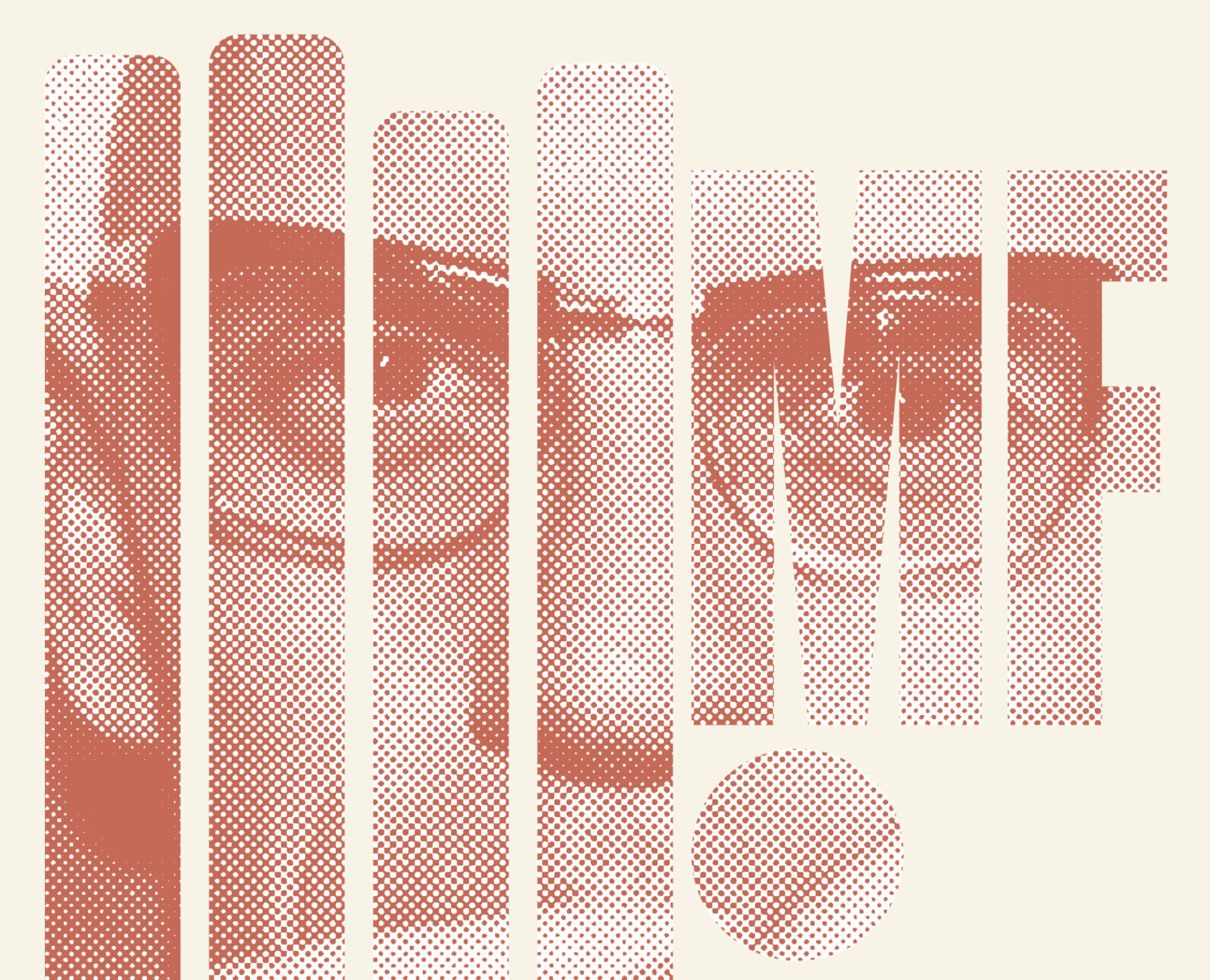On April 18 and 19, we convened a group of international scholars at Rice University (Houston, U.S.A.) to reconsider the vital influence of Michel Foucault in academic and cultural domains since his 1984 death. Our scholars have been central to the production of critical discourse on Foucault as well as the publication of materials by Foucault. Foucault’s posthumous publications — especially those from his vast archives at the Bibliothèque nationale de France — continue to change how we understand and use his work.
This conference is an opportunity to critically engage Foucault’s work and concepts to meet the exigencies of our own present. With speakers from France, Italy, Brazil, Turkey, the U.K., and the U.S., we engage and challenge Foucault from many disciplinary perspectives: anthropology, Black studies, classics, feminist studies, gender studies, history of science, late ancient studies, literature, philosophy, political theory, postcolonial studies, psychoanalysis, public health, race and ethnic studies, and religious studies. We are delighted to participate in the World Congress Foucault: 40 Years After and under the auspices of the Centre Michel Foucault. We gather with the support of Rice University’s Creative Ventures Fund in the Office of Research, the Rockwell Fund in the Department of Religion, and the School of Humanities; we also thank our sponsors in the Center for the Study of Women, Gender, & Sexuality, Humanities Research Center, Medical Humanities Research Institute, Department of Modern and Classical Literatures & Cultures.
Foucault’s understanding of genealogy as a history of the present is taken up in two ways. First, we consider together the genealogies that Foucault develops to understand the historical conditions shaping his present in post-war and then post-68 France. Second, we consider Foucault’s own work and concepts as the condition of possibility for so many critical discourses today that bear Foucault’s mark even as they challenge his own limitations. In the United States there has been a particularly polarizing way of glamorizing or demonizing Foucault’s influence. Yet this influence is undeniable, inviting us all to consider how misunderstandings of his work require critical engagement in our own present.
The lectures were open to the public and live-streamed for a global audience, with recordings accessible on this conference website and youtube channel. We convened eight panels between 9:30 and 4:30 CST (GMT-5). This continues the model of the virtual series Foucault’s Confessions that James Faubion and I hosted in May and June 2021 (deferred from April 2020 due to the pandemic, archived here). We are grateful for ongoing participation by scholars, students, and a general public across the world.

| THURSDAY 9-9:30 | Registration & Breakfast | ||||
| 9:30-10:45 | PANEL 1: Foucault Today | Niki Clements | Frédéric Gros | Jacqueline Couti | |
| 10:45-11 | Coffee Break | ||||
| 11-12:15 | PANEL 2: Bearable Speech | Lynne Huffer | Laurie Laufer | Melissa Bailar | |
| 12:15-1:15 | Lunch | ||||
| 1:15-2:30 | PANEL 3: Philosophies for our Present | Judith Revel | Arianna Sforzini | Gwendolyn Bradford | |
| 2:30-3 | Coffee Break | ||||
| 3-4:15 | PANEL 4: Decolonial Genealogies | Orazio Irrera | Selin Islekel | Richard Grivalja | |
| 4:15-5 | Reception | ||||
| FRIDAY 9-9:30 | Registration & Breakfast | ||||
| 9:30-10:45 | PANEL 5: Possible Futures | Biko Mandela Gray | Daniel Wyche | Linsey St-Claire | |
| 10:45-11 | Coffee Break | ||||
| 11-12:15 | PANEL 6: Breaking Norms | Federico Testa | Alida Metcalf | ||
| 12:15-1:15 | Lunch | ||||
| 1:15-2:30 | PANEL 7: Our Ancient Sexualities | Sandra Boehringer | Philippe Chevallier | Cymene Howe | |
| 2:30-3 | Coffee Break | ||||
| 3-4:15 | PANEL 8: Our Modern Publics | Philippe Sabot | Closing Remarks, Clements | Denva Gallant | |
| 4:15-5 | Reception |
Artist credit: Amanda Nedham
